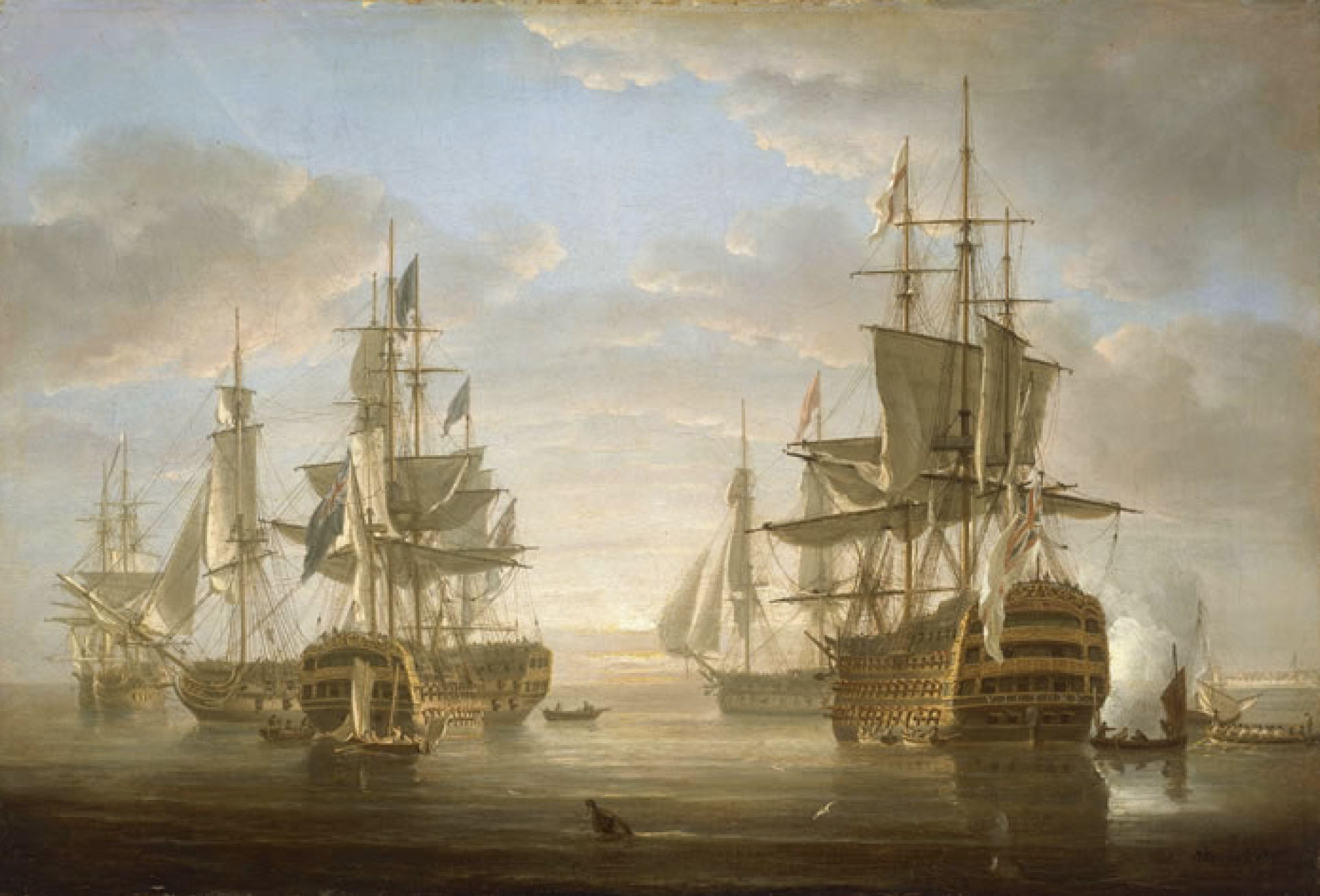
History of Maritime Affairs
The history of maritime affairs dates back thousands of years and has played a crucial role in shaping the world we know today. Since ancient times, humans have relied on bodies of water such as rivers, lakes, and seas for transportation, trade, and exploration. The earliest civilizations, such as the Egyptians, Mesopotamians, and Phoenicians, developed advanced maritime technologies to navigate the waters and expand their influence. The Phoenicians, in particular, were renowned seafarers who established extensive trade networks throughout the Mediterranean, spreading their culture and goods far and wide. In the Middle Ages, maritime affairs witnessed significant developments with the rise of naval powers like the Vikings, Byzantines, and later the European maritime nations. The Age of Exploration in the 15th and 16th centuries opened up new horizons as European explorers like Christopher Columbus, Vasco da Gama, and Ferdinand Magellan embarked on ambitious voyages to discover new lands and establish colonial empires. The subsequent centuries witnessed the growth of powerful navies, rivalries between maritime nations, and the establishment of global trade routes, including the transatlantic slave trade. The Industrial Revolution brought about revolutionary advancements in shipbuilding, navigation, and maritime infrastructure, ushering in an era of rapid globalization and intercontinental trade. The 20th century saw the devastating impact of two world wars on maritime affairs, with naval warfare and the emergence of submarines as significant factors.
